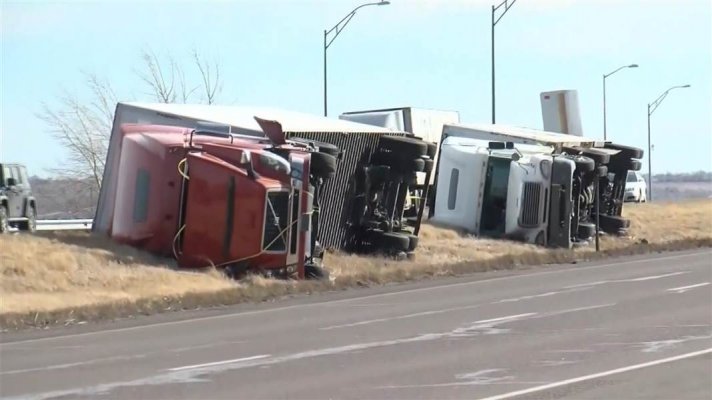systemcat
Well-known member
- Joined
- Feb 9, 2017
- Posts
- 63
I just got through a book meant to be an introduction to the RV lifestyle. I read it hoping for new tips. .. Eh, common sense stuff. But it left me a little worried and I'm not sure I should be. It drove home "be afraid, be VERY AFRAID of bad weather while moving!"
If you've seen a touch of my earlier posting, you know my only past experience with large vehicles are U-Hauls. Good sized machines and the last driven was the size of my C-Class. I don't know if the author was talking in general about RV driving or just the larger sized ones like A-Class & Diesel. I admit fearful but successful, that last U-Haul trip was in awful weather taken across a few states over several days like that. I don't know if this is something worth remembering to others, this happened during that front that while it hit the Gulf of Mexico last August, it hit a few other states as well.
Is the handling that different? They're the same size.
The only time I've had weather issues with a vehicle was with a 49CC Scooter.
If you've seen a touch of my earlier posting, you know my only past experience with large vehicles are U-Hauls. Good sized machines and the last driven was the size of my C-Class. I don't know if the author was talking in general about RV driving or just the larger sized ones like A-Class & Diesel. I admit fearful but successful, that last U-Haul trip was in awful weather taken across a few states over several days like that. I don't know if this is something worth remembering to others, this happened during that front that while it hit the Gulf of Mexico last August, it hit a few other states as well.
Is the handling that different? They're the same size.
The only time I've had weather issues with a vehicle was with a 49CC Scooter.

